Island
Aldous Huxley's Island, published in 1962, is a utopian novel often viewed as a counterpart to his more famous dystopian novel, A Brave New World. It is the final novel published by the great English author.
Hardcover. First Edition, First Printing. Octavo, bound in red cloth boards, with gilt lettering on spine. London: Chatto & Windus, 1962. Burgess, Ninety-Nine Novels. #10213.
Just a slight spine lean, otherwise a lovely fine copy in a fine dust jacket—nearly flawless.

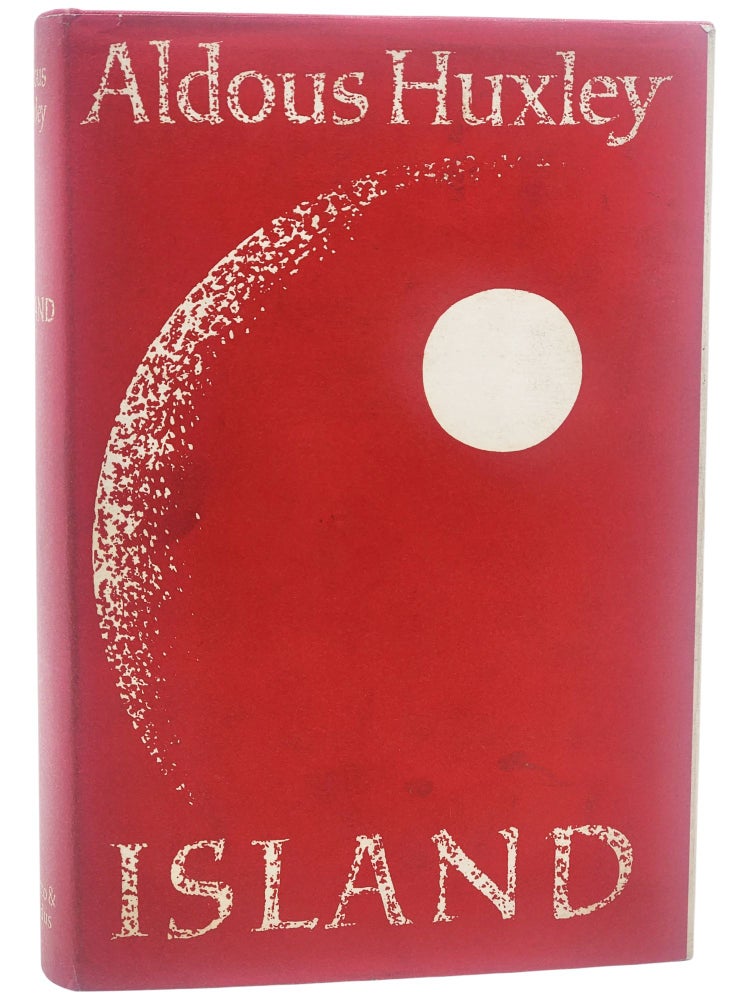
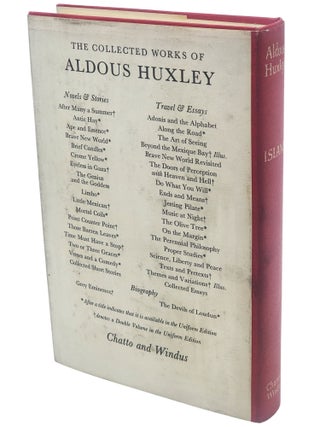
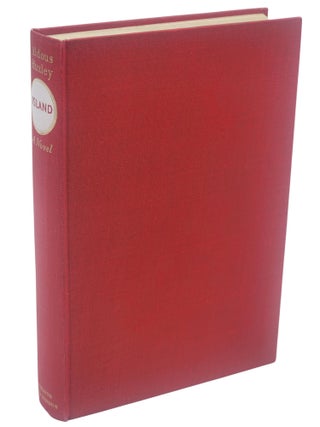
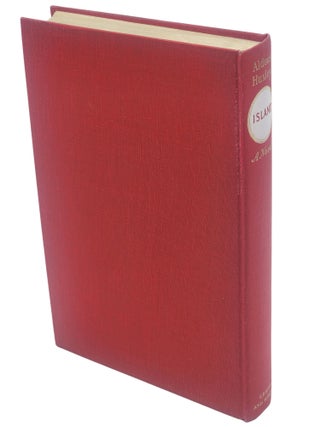
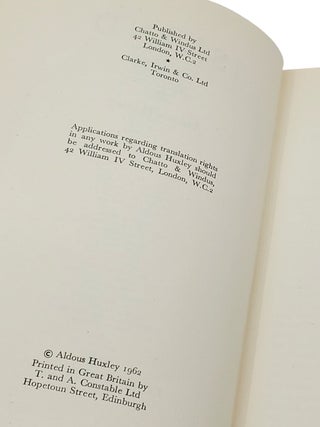
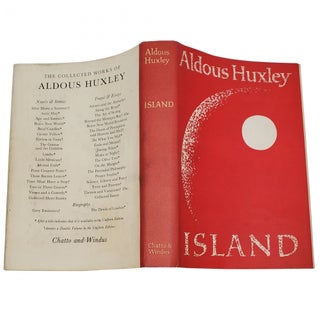
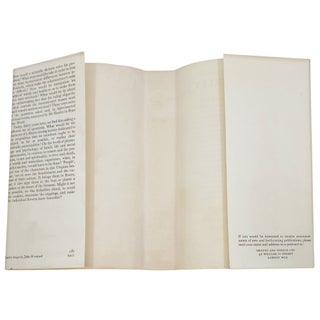
Aldous Huxley's Island, published in 1962, is a utopian novel that presents a thought-provoking vision of a harmonious and enlightened society. In contrast to Huxley's more well-known work Brave New World, which explored a dystopian future, Island offers a counterpoint by depicting an idealized world where spiritual and ethical values have triumphed over the negative aspects of human nature.
The novel is set on the fictional island of Pala, where a unique culture has developed based on Eastern and Western philosophies, combining elements of Buddhism, yoga, and humanistic ideals. The society of Pala places a strong emphasis on personal growth, mindfulness, and community well-being. Drugs and technology are utilized in responsible and mindful ways to enhance spiritual experiences.
The protagonist, Will Farnaby, an outsider, arrives on Pala and experiences a transformative journey as he learns about the island's way of life. Through his eyes, readers are introduced to Pala's progressive governance, sustainable practices, and the emphasis on inner development.
While Island is often categorized as a utopian work, it doesn't shy away from addressing the challenges and potential pitfalls of this idyllic society. The novel also raises philosophical questions about the balance between individual freedom and social responsibility, the role of spirituality in modern life, and the tensions between different cultural values.
Aldous Huxley's Island stands as a departure from his earlier works, offering readers an alternative to the bleak dystopian futures he explored in Brave New World. It presents a vision of a society that seeks to reconcile human nature with higher ideals, inviting readers to contemplate the possibilities of a more enlightened and harmonious world.